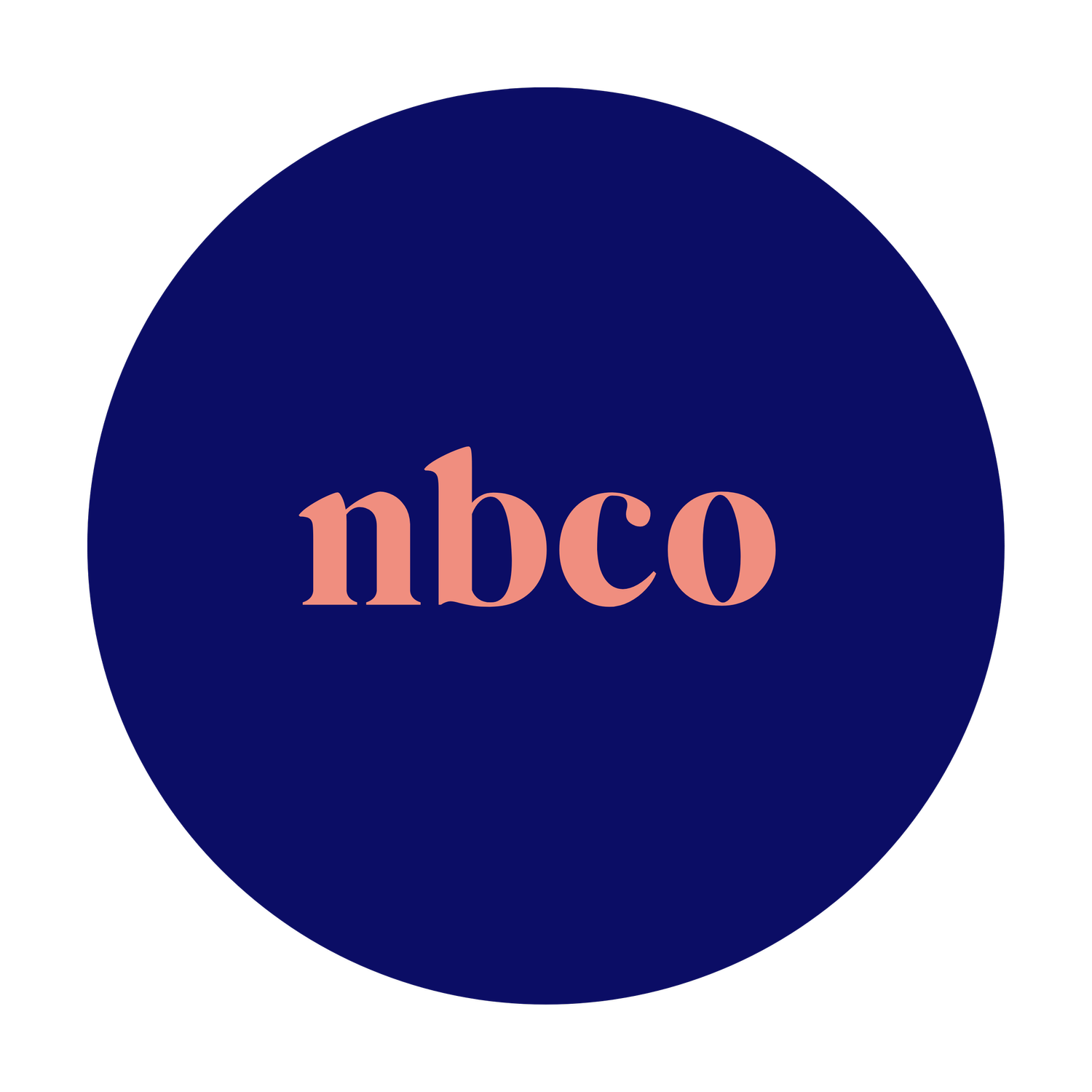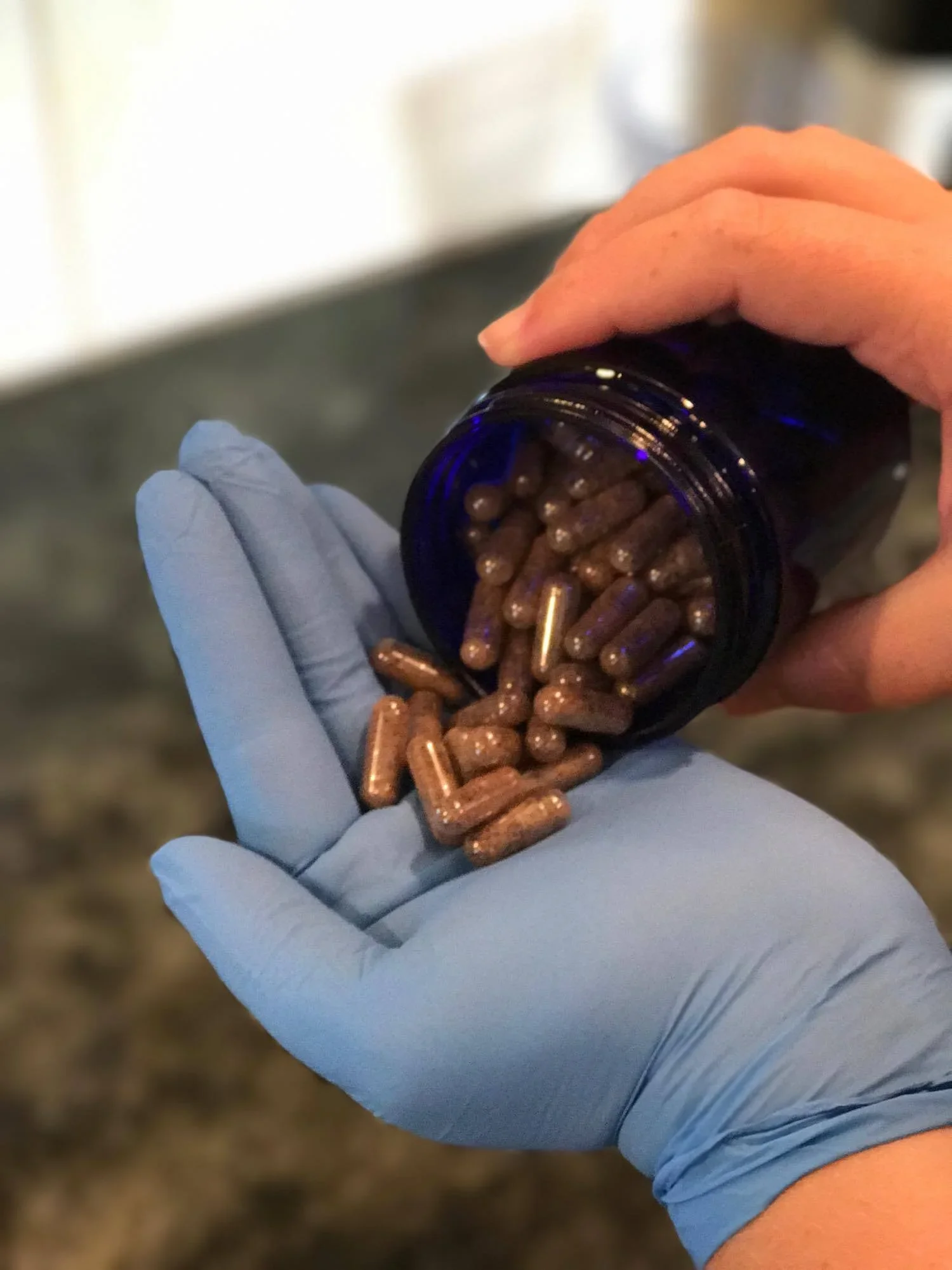Placenta Encapsulation Starter Kit: Essential Supplies Every Specialist Needs
If you’re a doula or birthworker looking to diversify your services, placenta encapsulation is one of the most in-demand add-ons you can offer. Families are seeking holistic postpartum recovery options, and placenta services are often at the top of their wish list. Offering encapsulation not only helps clients feel supported in their healing, but it also positions you as a more comprehensive care provider and helps you bring in additional income.
As a placenta encapsulator myself, I’ve processed my fair share of placentas over the years. And let me tell you: having the right supplies makes all the difference. Early on, I learned that cutting corners doesn’t just slow you down, it can compromise safety and professionalism. The right tools help you work cleaner, faster, and with confidence, while also giving your clients the reassurance that their placenta is being handled with the highest level of care.
This starter kit is built from real, hands-on experience. I’ve personally tried different dehydrators, packaging options and more until I found what truly works best. Consider this your starting point, so you don’t have to reinvent the wheel when setting up your placenta services.
1. A Reliable Dehydrator
Placenta capsules are only as good as your process, and that process relies on a quality dehydrator. Look for one with adjustable temperature settings, consistent airflow, and easy-to-clean trays. This is one tool you don’t want to skimp on. Don’t worry about getting a 7-tray dehydrator or one that’s incredibly expensive. Yes, you want good quality, but you should only be processing one placenta at a time and therefore, you typically won’t need more than 4 trays.
2. A Dedicated Coffee Grinder
A sturdy, reliable, GOOD, coffee grinder (used only for placenta work) is essential for grinding the dehydrated placenta into a fine powder. It should be easy to sanitize and powerful enough to create a consistent texture for capsules.
4. Good Quality Knives & Food-Grade Cutting Boards
Sharp, stainless steel knives and food-grade cutting boards (that are easy to sanitize) are non-negotiable. A dull knife not only makes the process harder but also less safe. Keeping a dedicated set of knives and boards just for placenta work helps maintain both professionalism and hygiene.
5. A Designated Space for Processing & Storage
Having a clean, organized, and designated space for placenta work is always my recommendation. Not only does it provide peace-of-mind to your clients, but it also allows you to control sanitation a bit better. This doesn’t always mean you need a separate kitchen of your own, there are plenty of creative solutions! I use a steel-top cart which provides me a mobile, easy-to-sanitize workspace. It also allows me to keep all my encapsulation supplies in one space. Some specialists also choose to rent time in an industrial kitchen (make sure they know what you’re doing!), which offers both the equipment and the sterile environment needed for professional processing. Other specialists opt to process each placenta in the client’s individual home. If you choose this option, you’ll want to have easily an transportable storage option like food grade storage bins that can be easily sanitized.
Whatever you choose, the key is consistency: create a setup and storage system you can use for every client that prioritizes safety, sanitation, and efficiency.
4. PPE & Sanitation Supplies
Non-negotiable. Safety and sanitation are everything in placenta encapsulation. A solid supply of medical-grade disposable gloves and aprons ensures you can work safely, protect yourself, and maintain professional standards for every client. Beyond gloves and aprons, think hair covering, face mask, disinfectants, bleach solutions, and properly labeled containers for your tools. These are crucial for protecting both you and your client’s safety.
3. Capsule Supplies
You’ll need empty capsules (vegan or gelatin, I offer both depending on client preference) and capsule-filling trays or machines. These make the process efficient and ensure capsules are uniform and neatly packaged. It also saves you an incredible amount of time.
6. Packaging Materials
Clients appreciate when their capsules arrive in professional, thoughtful, and even aesthetically pleasing packaging. Invest in jars, tins, or bottles that are airtight and easy to store. Adding branded stickers, care instructions, or a note of encouragement can take the experience up a notch and make it more personal.
7. The Cutest Placenta Specialist Tee
And of course, every placenta encapsulator needs the right uniform. The cutest Placenta Specialist tee from The Daily Doula Co. is designed to help you look professional while also showing off your passion for this beautiful work. It’s also a great way to get the word out about placenta encapsulation! Consider it the finishing touch to your placenta encapsulation starter kit.
Some of the links in this post are affiliate links, which means we may earn a small commission (at no extra cost to you) if you decide to purchase through them. This helps support our work and allows us to keep creating resources for birth workers like you. Thank you for supporting our small business by using our links.
Placenta encapsulation is a beautiful way to expand your offerings and support families in their postpartum recovery. But professionalism matters and having the right supplies ensures you’re delivering safe, consistent, high-quality service every single time. If you’re building your placenta services, start with these must-have supplies and make sure your toolkit is stocked!
Is there anything you’d add to the list?




